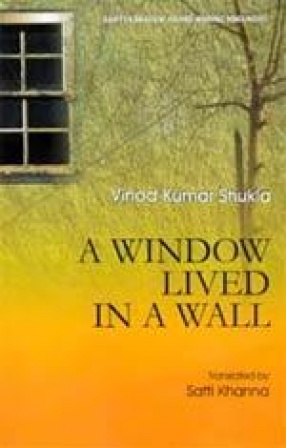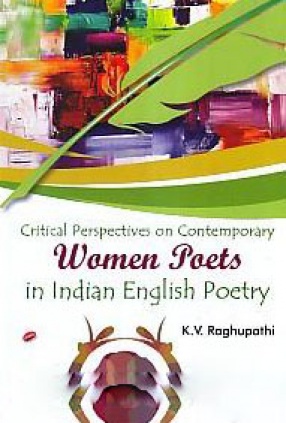The fictional scene in England, immediately after the Second World War, makes an interesting reading. Many critical studies have, in great depth, investigated the historical processes to highlight the various directions the novelists moved in then. At the same time, there was a concurrent and a deliberate attempt on the part of these novelists to discard the heritage of ‘Modernism.’ Iris Murdoch, who is one of the most prominent novelists of this period, also shared the distrust of her contemporaries for the so-called literary radicalism. However, she remains distinct as a writer among her contemporaries, in her awareness of the problems of the novel and language, in her adherence, both to the idealism about human potentiality and perfectibility that liberal humanism had contained. But she is also conscious of the limited individual capacity to reach that ideal. Her creative career is marked by her desire to bring back to the novel, some of its earlier comprehensive vision of life, society and human character. The present book attempts to reveal those important areas of Murdoch’s thought which set her apart from other novelists writing at that time. Her search for literary metaphors which aim at restoring to novel some of its lost moorings is a significant, almost iconoclastic effort. Taking help from her non-fictional treatises, an attempt has been made in this book to highlight the Platonic burden of her literary and aesthetic creed.

A Critical Study of Iris Murdoch’s Fiction
In stock
Free & Quick Delivery Worldwide
reviews
Bibliographic information
Title
A Critical Study of Iris Murdoch’s Fiction
Author
Edition
1st Ed.
Publisher
ISBN
8126900245
Length
xvii+278p., 23cm
Subjects




There are no reviews yet.